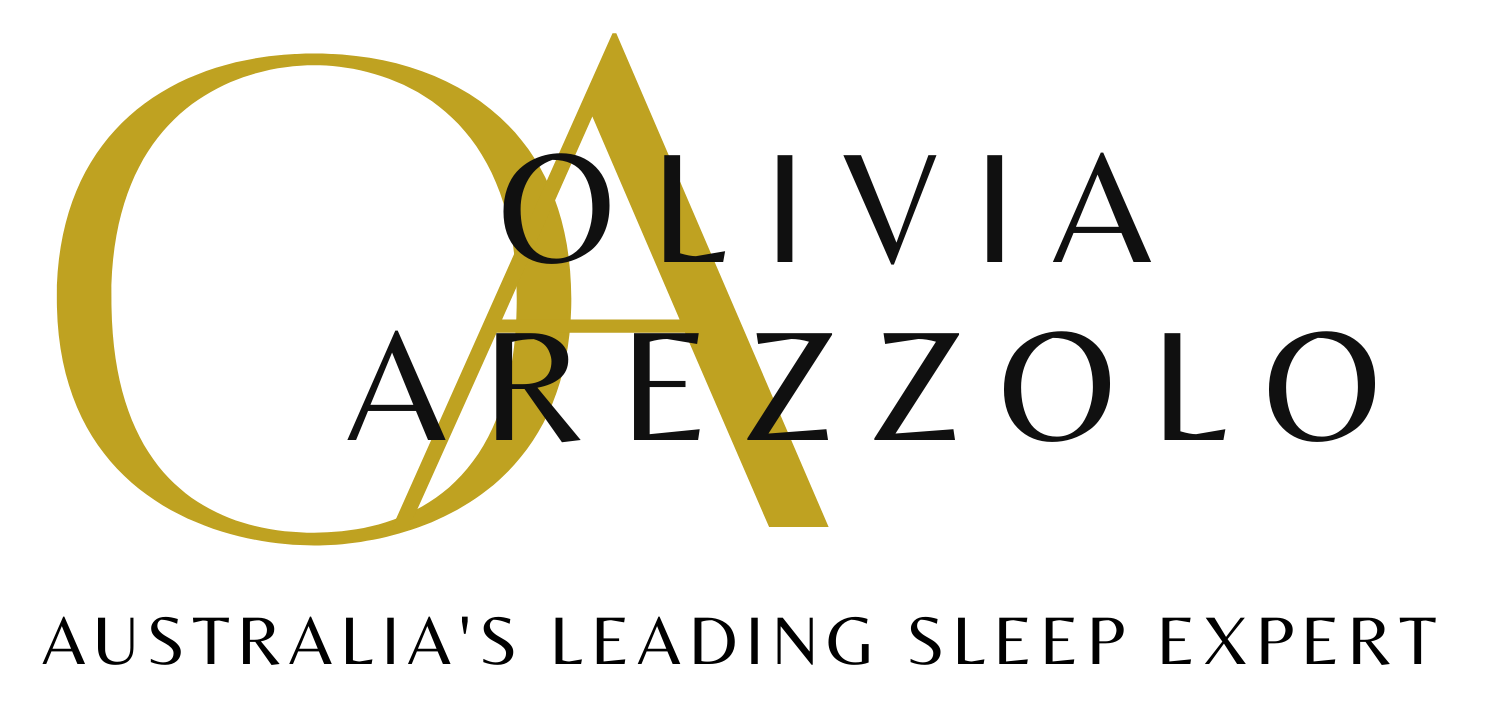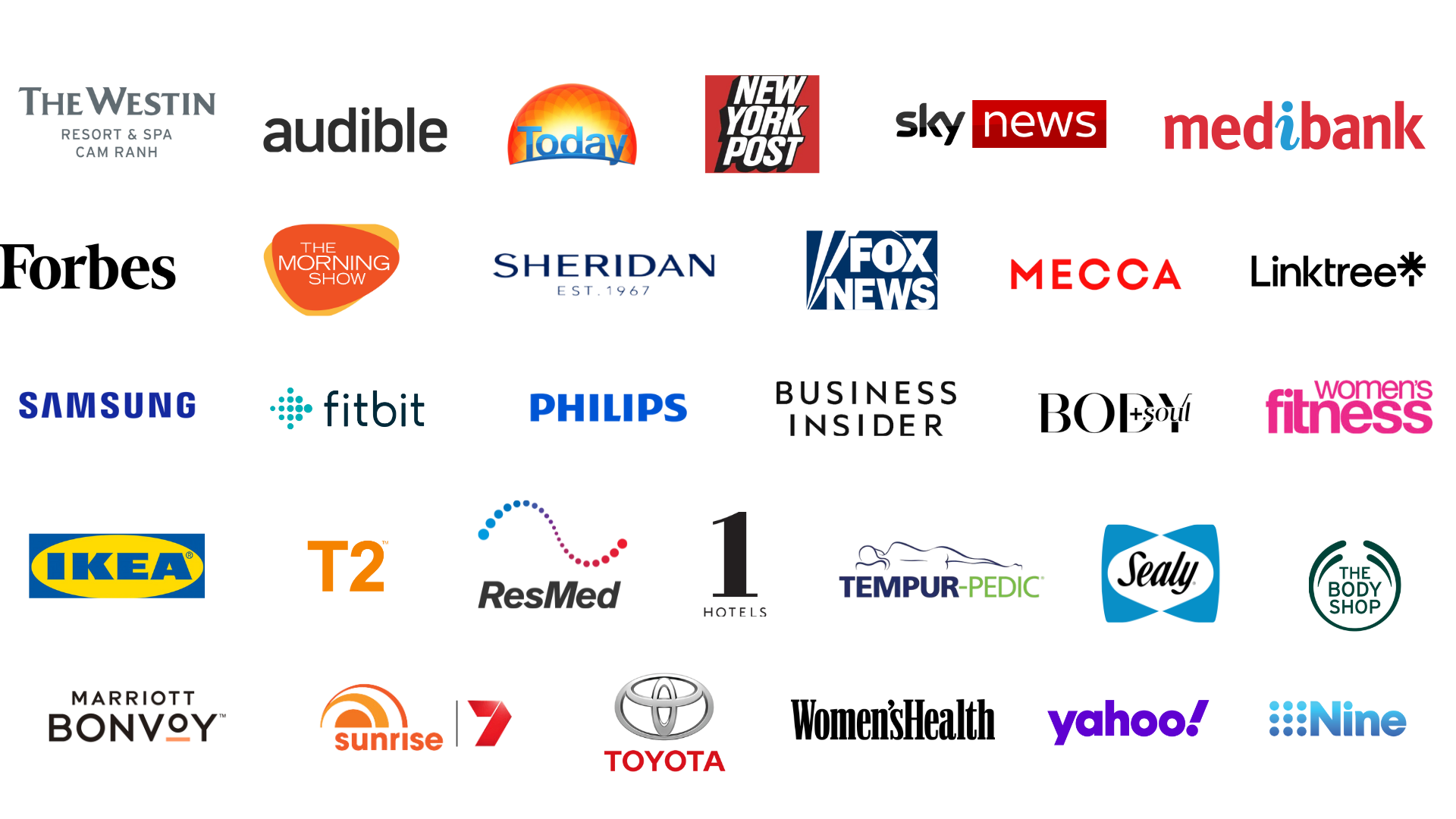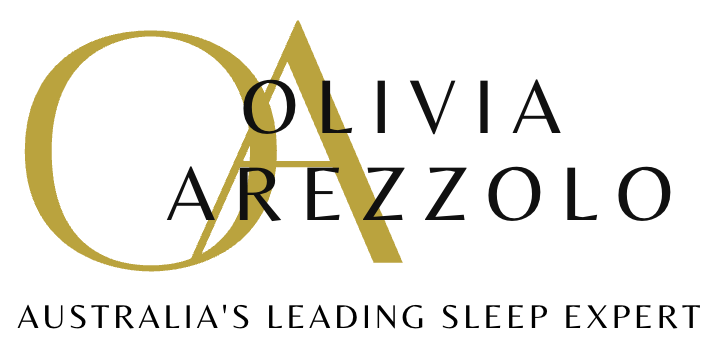Sleep Deeper
Wake Refreshed
Be your Best

Sleep Deeper
Wake Refreshed
Be your Best


IMAGINE..
rarely waking at 3am,
4am or 5am, and returning to
sleep easily when you do
switching off at bedtime
with ease
getting enough deep sleep + rem
waking up fresh,
full of energy
and mental clarity
to achieve all of this,
consistently, without
sleeping pills
IS MY ADVICE
FOR YOU?
based on client needs, my advice is specifically tailored for:
corporate professionals
executive teams
shift workers
busy parents
students
teenagers
athletes
mature adults / retirees
Menopausal women
stress related sleep issues
IS THIS YOU?
CAN'T FALL ASLEEP
waking at 3AM / 4Am
NOT ENOUGH DEEP / REM SLEEP
CAN'T SWITCH OFF YOUR MIND
CRASHING IN THE AFTERNOON
STRESSED AND ANXIOUS
SUFFERING HORMONAL IMBALANCE
CONSTANTLY IN 'FIGHT OR FLIGHT'
MENOPAUSAL
EMOTIONALLY EXHAUSTED
UNABLE TO THINK CLEAR or FOCUS
TRIED EVERYTHING....
WHAT TO EXPECT
FALL ASLEEP FASTER
SWITCH OFF EASIER
LESS NIGHT TIME WAKINGS
GET MORE DEEP SLEEP / REM
SUSTAINED ENERGY
GREATER MENTAL CLARITY AND FOCUS
IMPROVED PRODUCTIVITY AND PERFORMANCE
greater CALMness and less stress
improved physical health, immune function
and skin quality
getting back to your best self - well rested,
rejuvenated and replenished,
ready to tackle your day.
"With studies in Psychology, Sleep Psychology, Nutrition and Fitness;
Olivia's refreshingly realistic, holistic and science based sleep
strategies are taking Australia by storm
- without a doubt, she is a Woman to Watch in 2025"
Women's Fitness Magazine
IMAGINE..
rarely waking at 3am,
4am or 5am, and returning to
sleep easily when you do
switching off at bedtime
with ease
getting enough deep sleep + rem
waking up fresh,
full of energy
and mental clarity
to achieve all of this,
consistently, without
sleeping pills
IS MY ADVICE
FOR YOU?
based on client needs,
my advice is specifically
Tailored for:
corporate professionals
executive teams
shift workers
busy parents
students
teenagers
athletes
mature adults / retirees
Menopausal women
stress related sleep issues
IS THIS YOU?
CAN'T FALL ASLEEP
waking at 3AM / 4Am
NOT ENOUGH DEEP / REM SLEEP
CAN'T SWITCH OFF YOUR MIND
CRASHING IN THE AFTERNOON
STRESSED AND ANXIOUS
SUFFERING HORMONAL IMBALANCE
CONSTANTLY IN 'FIGHT OR FLIGHT'
MENOPAUSAL
EMOTIONALLY EXHAUSTED
UNABLE TO THINK CLEAR or FOCUS
TRIED EVERYTHING....
WHAT TO EXPECT
FALL ASLEEP FASTER
SWITCH OFF EASIER
LESS NIGHT TIME WAKINGS
GET MORE DEEP SLEEP / REM
SUSTAINED ENERGY
GREATER MENTAL CLARITY AND FOCUS
IMPROVED PRODUCTIVITY AND PERFORMANCE
greater CALMness and less stress
improved physical health, immune function
and skin quality
getting back to your best self - well rested,
rejuvenated and replenished,
ready to tackle your day.
"With studies in Psychology,
Sleep Psychology, Nutrition and Fitness;
Olivia's refreshingly realistic, holistic and
science based sleep strategies are taking
Australia by storm - without a doubt,
she is a Woman to Watch in 2025"
Women's Fitness Magazine
HOW CAN I HELP YOU?

support brand AWARENESS,
CREDIBILITY and AUTHORITY
with olivia's profile, enhancing
SUCCESS OF YOUR MEDIA / SOCIAL
MEDIA CAMPAIGN
support brand AWARENESS,
CREDIBILITY and AUTHORITY
with olivia's profile, enhancing
SUCCESS OF YOUR MEDIA / SOCIAL
MEDIA CAMPAIGN

ENERGISE and EMPOWER YOUR TEAM
LIKE NEVER BEFORE WITH OLIVIA'S
ENGAGING, INSPIRING KEYNOTES
AND SEMINARS

experience your deepest rest in years with olivia's immersive sleep retreats - a complete transformation for mind, body and soul.
register your interest now!

join olivia's next masterclass for
expert insights, science based,
actionable advice and her trademark
strategy for sleep success
HOW CAN I
HELP YOU?

support brand AWARENESS,
CREDIBILITY and AUTHORITY
with olivia's profile, enhancing
SUCCESS OF YOUR MEDIA / SOCIAL
MEDIA CAMPAIGN

ENERGISE and EMPOWER YOUR TEAM
LIKE NEVER BEFORE WITH OLIVIA'S
ENGAGING, INSPIRING KEYNOTES
AND SEMINARS

experience your deepest rest in years with olivia's immersive sleep retreats a complete transformation for mind, body and soul.
register your interest now!

join olivia's next masterclass for expert insights, science based, actionable advice and her trademark strategy for sleep success
Hey, I'm Olivia
I'm on a mission to educate and empower you to your best you, via sleep.
Because.... I know how it feels to NOT be your best.
I suffered major anorexia and major depression, hospitalised for 6 months.
And what enabled me to recover, to reclaim my health, happiness and life again - was support.
So that's why I want to be yours.
And, after 9 years of studies in Psychology, Sleep Psychology, Nutrition and Fitness; I discovered the most important factor of all... is sleep.
Sleep will be your greatest superpower, or your biggest saboteur.
But... if you're here, you probably already know that.
So - let's make sleep your ultimate superpower, and enable you to be the best, brightest, most vibrant version of yourself you can be.
Olivia x
Hey, I'm Olivia
I'm on a mission to educate and empower you to your best you, via sleep.
Because.... I know how it feels to NOT be your best.
I suffered major anorexia and major depression, hospitalised for 6 months.
And what enabled me to recover, to reclaim my health, happiness and life again - was support.
So that's why I want to be yours.
And, after 9 years of studies in Psychology, Sleep Psychology, Nutrition and Fitness; I discovered the most important factor of all... is sleep.
Sleep will be your greatest superpower, or your biggest saboteur.
But... if you're here, you probably already know that.
So - let's make sleep your ultimate superpower, and enable you to be the best, brightest, most vibrant version of yourself you can be.
Olivia x
JOIN MY FREE SLEEP
SUPPORT GROUP!
Get (almost) instant advice from an expert (NOT google) on your sleep - why you can't sleep, sleep stats, supplements.. so much more! I'd love to have you. And it's free!!!
JOIN MY FREE SLEEP
SUPPORT GROUP!
Get (almost) instant advice from an expert (NOT google) on your sleep - why you can't sleep, sleep stats, supplements.. so much more! I'd love to have you. And it's free!!!

© Olivia Arezzolo 2021 | All rights reserved. | Privacy Policy | Terms and Conditions


